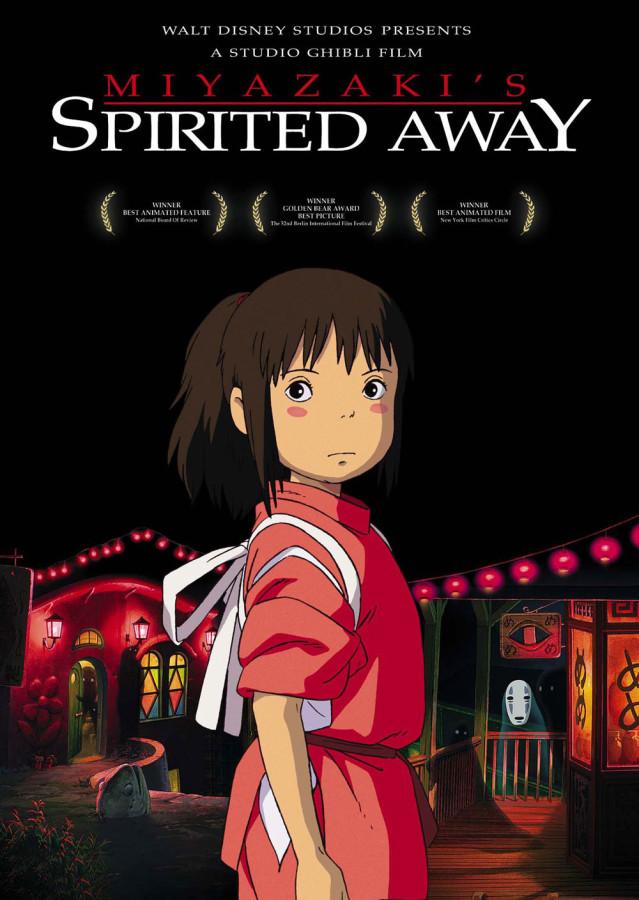Homage to Miyazaki: Spirited Away
September 1, 2014
Over the summer, I was assigned to read “The Catcher in the Rye,” a monumental coming-of-age novel written by J.D. Salinger, for my English class. Written in 1951, the novel presents the story of a high-school student, Holden Caulfield, as he struggles through the futility and materialistic-driven culture of life during his aimless journey in New York City.
It was interesting to note the subtle similarities present in Salinger’s novel and Hayao Miyazaki’s iconic film, “Spirited Away.” The film, which received enormous success and numerous accolades after its release in 2001, narrates the adventure of a young girl named Chihiro as she encounters a fantastical universe of mythical creatures and spirits and learns to break free from the comforts of childhood to enter the insecurity and independence of adulthood.
The majority of Miyazaki’s films skillfully blend the natural and the supernatural, and “Spirited Away” is not an exception. Although Chihiro is considered the only “human” in the new world she discovers, the system and culture of the place vastly resembles those of the real world. Chihiro’s workplace, a bathhouse run by an avaricious witch named Yubaba, almost seems like a microcosm of the system of capitalism in the 21st century.
The workers in the bathhouse are constantly blinded by the desire for money and gold, and they callously ignore the spirits who seem to have none of such commodities. All driven by the desperate wish to become wealthy, the bathhouse becomes a world of deception and corruption, certainly a place where a ten-year-old girl will find it to be difficult.
However, Chihiho does survive, and she survives well. Her innocent yet audacious character guides her through the troubles and struggles she faces, some that none of the other workers would have the courage to do so. Her child-like personality is almost an idiosyncratic trait of hers, something that numerous adults overlook for their search of materialistic values and satisfaction.
I sometimes wonder how I will grow up to be when I graduate from high school, college and beyond. I sometimes worry if I will turn out to be the ignorant acquaintances that Holden meets in the “Catcher in the Rye” or the greedy and infatuated fellow workers of Chihiro in “Spirited Away.” However, I am hoping that I will be able to retain the childhood innocence that is still inherent in my character in the future.






